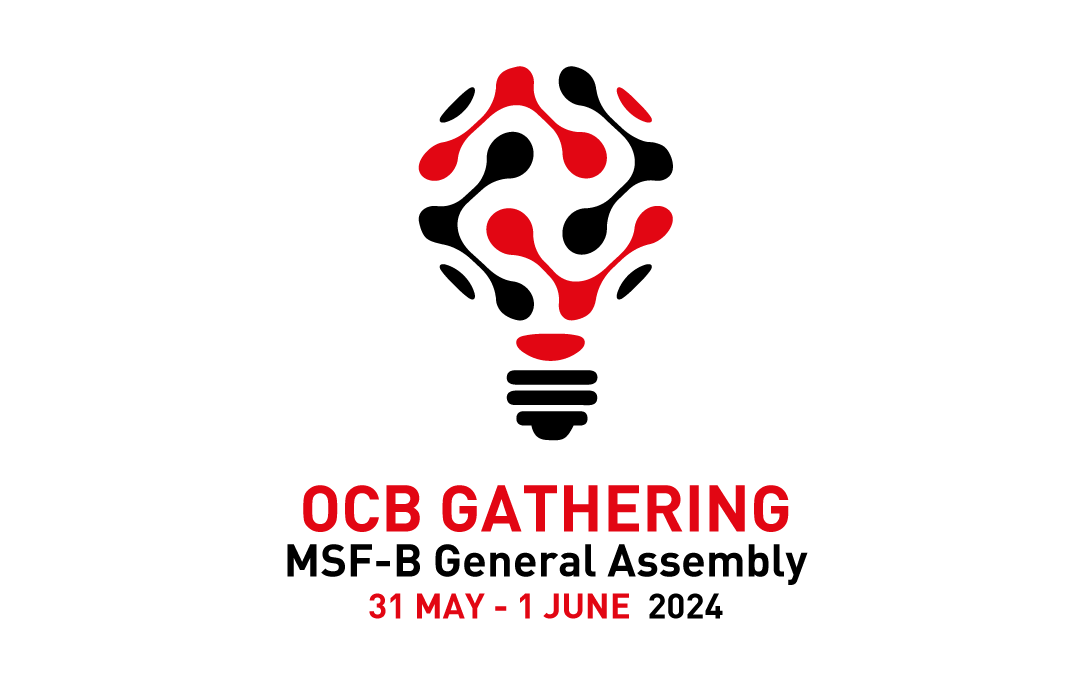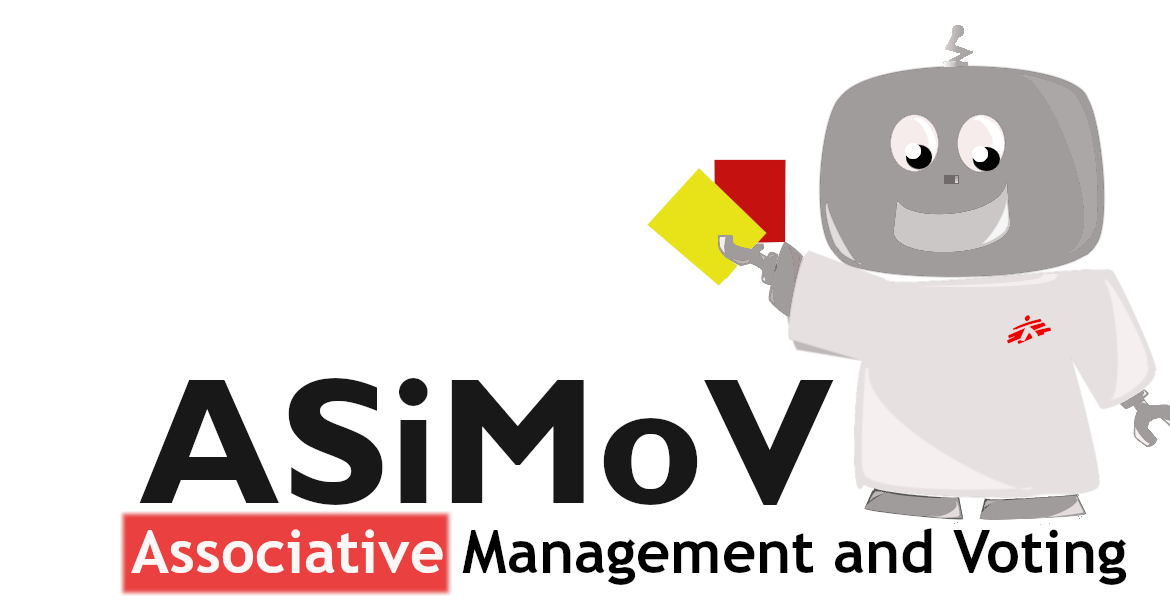
Humanitarianism and solidarity in an age of authoritarianism and impunity – How will MSF evolve?
June 1 2024 – 14.30-16.00 CEST
A debate proposed by the MSFB Board and designed with Sandrine Tiller, OCB Analysis Department.
The session aims to explore scenarios regarding the capacity of humanitarian actors, such as MSF, to operate in a principled manner whilst remaining relevant and impactful, in the world in the years to come.
Recently we have seen blatant violations of international humanitarian law which are becoming the norm in conflicts like the one in Gaza, in Sudan, and Ukraine and we have seen sovereign states applying more and more authoritarian practices to restrict humanitarian access or are moving further to co-opt and control the humanitarian aid sector. In such contexts the humanitarian principles of neutrality or impartiality might seem to ring hollow.
Next to that, we have seen that in many countries local organisations inscribe themselves within a framework of 'humanitarian resistance', which combine justice and humanity much more explicitly in their models as compared to traditional humanitarian aid actors. Many communities where we work are questioning the neutral role we take towards oppressive and unjust system. We also hear from the local actors we work with that there is a role for international aid actors who work in a neutral way to them if it is complementary and based on impartiality.
These realities, the co-opting of the sector by states and the dynamic of 'humanitarian resistance’ have also found their way into the debates within MSF. The question of where we position ourselves is not new, we often reflect on the dilemmas between access and justice. These conversations have always been rooted in a position of humanitarian action, whereby neutrality is seen not as the opposite of solidarity, but as a way to allow humanitarian action to take place.
For this, we would like to learn from the human rights community about how they navigate working in authoritarian contexts and how they see the intersection between international solidarity and justice? Do humanitarian actors have to play any role in it?
This discussion aims to provide new insights about the moment we are traversing and how we can adapt and steer our approach to embody our deepest values of compassion and care for humanity.
Key questions for the debate:
-
What does solidarity look like in today’s crises and conflicts? For the humanitarian sector and for MSF?
-
Are solidarity and neutrality compatible and how can they be complementary?
-
How does working in authoritarian and polarised contexts affect our humanitarian principles?
Speakers
- Adam Tallouzi is a versatile professional with a strong foundation in Biomedical Engineering and a commitment to humanitarian causes. With a bachelor’s degree from Cyprus International University and a Diploma from Hanoi University of Science and Technology, Adam has honed his skills in areas ranging from data analysis to project coordination. His journey includes diverse roles, from serving as a Biomedical Engineer and Sales Associate at Al-Basma Dent to contributing as a Team Leader on innovative projects like an IoT-based patient health monitoring system.
Passionate about bridging cultural divides, Adam has lent his linguistic expertise as an interpreter with Médecins Sans Frontières, facilitating communication between medical teams and local communities in Tulkarm.
He has also provided crucial support as a PC Assistant, ensuring seamless project coordination and administrative tasks. Beyond his professional endeavours, Adam is a dedicated advocate for peace-building initiatives, having participated in programs like ArtBridge and Seeds of Peace. With interests spanning healthcare, international relations, and AI, Adam brings a unique blend of technical expertise and humanitarian values to his work.
- Fiona Terry heads the ICRC’s Centre for Operational Research (the CORE), which was created in the wake of the landmark Roots of Restraint in War study of which Dr Terry was co-author.
She has over three decades of experience in humanitarian operations in Iraq, Somalia, Rwanda, Liberia, Sudan, Myanmar, Nepal and Afghanistan, principally with Médecins Sans Frontières (MSF) and the International Committee of the Red Cross (ICRC).
She holds a doctorate in international relations and political science from the Australian National University and, amongst other things, is the author of Condemned to Repeat? The Paradox of Humanitarian Action (Cornell University Press, 2002), which won the 2006 Grawemeyer Award for Ideas Improving World Order.
- Tirana Hassan is the Executive Director at Human Rights Watch, one of the world's leading international human rights organizations, which operates in more than 90 countries and has over 500 staff members.
She is a qualified social worker and lawyer who has spent the past two decades working with individuals and communities to pursue their rights and fight for justice.
She was a founding member of a refugee legal service during Australia’s refugee crisis in 2000 before working across the globe in international humanitarian operations specializing in child protection and civilian protection in complex emergencies.
Tirana has worked for Médecins Sans Frontières (MSF), the United Nations International Children’s Emergency Fund (UNICEF) and Save the Children, amongst others, across East and West Africa and South and Southeast Asia.Tirana specializes in human rights protection in conflicts and crises. Between 2010-2015, she worked as a senior researcher in Human Rights Watch’s Emergencies Division, where she carried out dozens of investigations in the Middle East, Asia, and Africa.
She later served as director of Amnesty International’s Crisis Response Program, where she led teams of investigators and an inter-disciplinary team that advanced innovative research methodologies for human rights investigations and evidence collection.
She also served on the organization’s interim executive team. She has authored reports and op-eds for major publications worldwide.Tirana graduated with honors in both social work and law in Australia and holds a master’s in international human rights law from Oxford University.
- Oliwia Hurley Grupo Granica, Poland - Oliwia is a local activist from Poland, providing direct support to migrants who are trying to cross through the forest on the border between Belarus and Poland.
- Sandrine Tiller is the Coordinator of the Humanitarian Access and Networking Team at MSF’s Brussels Operational Centre.
Sandrine joined Médecins Sans Frontières in 2011 and worked as a Humanitarian Representative to the UK Government; Strategic Adviser to the Moscow office; and has been an analyst on the humanitarian aid system and the challenges posed by mis and disinformation.
